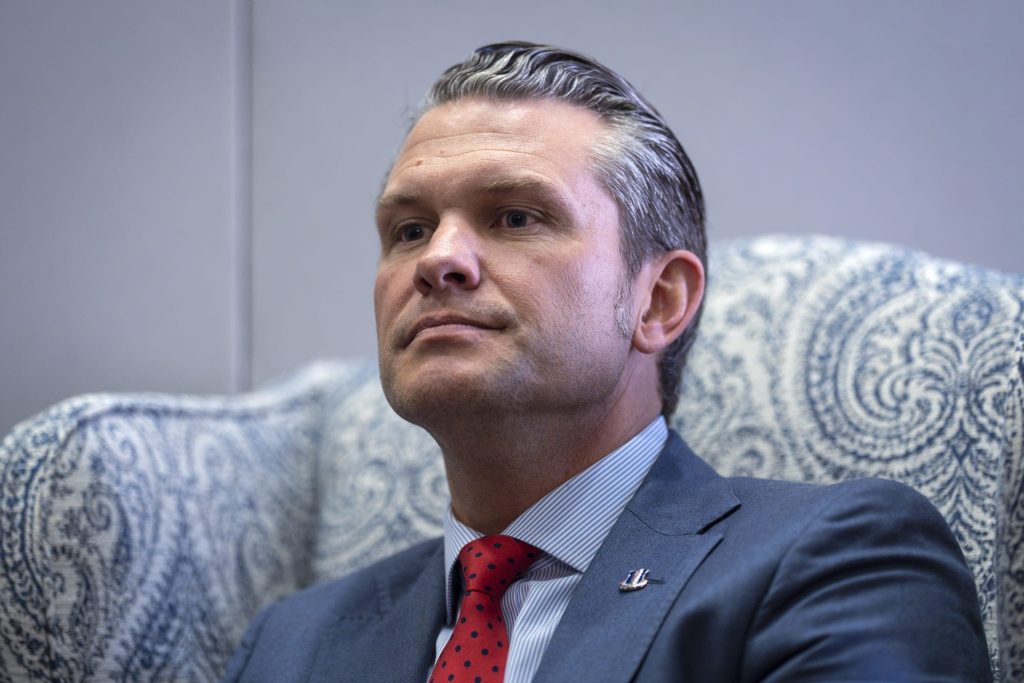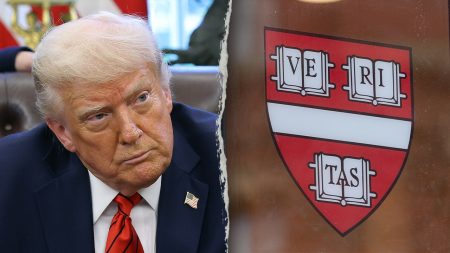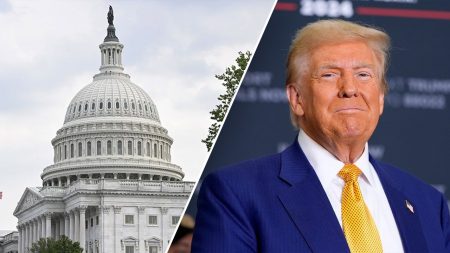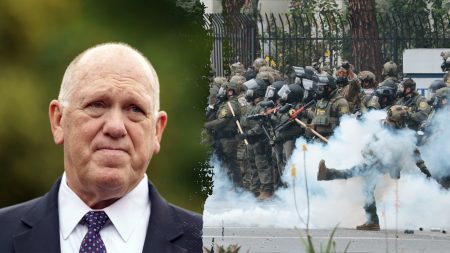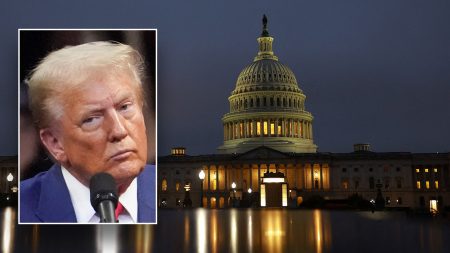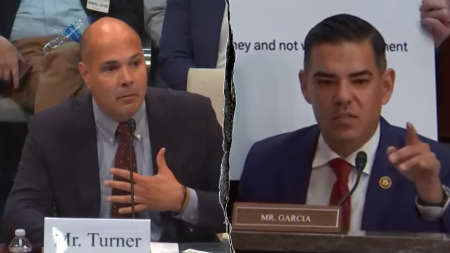Trump Transition and Cabinet Nominee Controversies
The political landscape is buzzing with activity surrounding the Trump transition, marked by both anticipation and controversy. Pete Hegseth, President-elect Trump’s pick for the Department of Defense, is navigating a challenging path to confirmation. Despite facing allegations of sexual assault, excessive drinking, and fund mismanagement, all of which he denies, Hegseth appears to be gaining traction among GOP senators. While some express reservations, no firm opposition has emerged within the Republican ranks. This resilience suggests that Hegseth remains a viable candidate, undeterred by the swirling accusations. Meanwhile, Trump allies are reportedly applying pressure on hesitant GOP senators to support his other nominees, highlighting the ongoing internal power dynamics. Public opinion on Trump’s cabinet choices remains a key factor, as the incoming administration seeks to establish legitimacy and solidify its agenda. The appointment of Ric Grenell, former acting Director of National Intelligence, to a prominent position, possibly as Iran envoy, further underscores Trump’s reliance on loyalists. This strategic placement signals a distinct approach to foreign policy and international relations. Adding to the intrigue, a former House candidate has outlined a potential strategy for Trump to overcome Democratic resistance on immigration, emphasizing the importance of a strong mandate. This focus on immigration policy suggests it will be a central theme in the upcoming Trump administration.
Biden Administration’s Actions and Political Commentary
President Biden’s decision to commute 1,500 jail sentences and grant pardons to 39 individuals marks a significant exercise of executive clemency. This large-scale act of leniency reflects Biden’s focus on criminal justice reform and his commitment to addressing what he perceives as systemic inequities within the judicial system. However, Biden’s assertion that the GOP does not understand the importance of advancing women’s well-being has sparked partisan debate. This statement reflects ongoing disagreements between the two parties on social issues and their respective approaches to gender equality. Meanwhile, an informant accused of providing the FBI with fabricated information about Biden has pleaded guilty to four counts. This development raises questions about the credibility of certain allegations and the potential for misinformation to influence political discourse. Furthermore, Attorney General Merrick Garland’s praise of outgoing FBI Director Christopher Wray for his "integrity and skill" following Wray’s resignation announcement underscores the complex relationship between the Justice Department and the FBI. This transition in leadership within the FBI signifies a potentially important shift in the bureau’s direction and its approach to investigations.
Congressional Developments and Legislative Battles
On Capitol Hill, legislative activity continues at a brisk pace. The House passed a nearly $1 trillion defense spending bill, further escalating the national debt. This substantial increase in defense spending reflects ongoing concerns about national security and the allocation of resources to military priorities. The House also approved a bill that would grant Trump the authority to appoint more federal judges, potentially reshaping the judiciary and its impact on legal interpretations for years to come. Simultaneously, US oil and gas producers are urging the House to pass a crucial permitting bill aimed at bolstering domestic energy production. This push for expanded energy development highlights ongoing debates about balancing economic growth with environmental concerns. Moreover, the House is considering a ban on transgender treatments for minor children of military personnel within the Pentagon funding bill. This controversial provision underscores the intersection of social issues and military policy, generating passionate opinions on both sides. In other congressional news, House Speaker Johnson has indicated he will receive a classified briefing, suggesting important developments related to national security or intelligence matters. Senator Bernie Sanders’ announcement that his upcoming term will "probably" be his last marks a potential shift in the Senate’s political landscape.
Social and Political Issues Across America
Across the nation, various contentious issues continue to fuel public debate and political action. A migrant teen stabbing incident in lower Manhattan highlights ongoing concerns about public safety and immigration policies in urban areas. Lawsuits targeting scholarship programs for alleged discrimination against White men underscore the evolving discourse on affirmative action and equal opportunity. The Illinois governor’s call for the deportation of "violent" illegal immigrants reflects a hardline stance on immigration enforcement and border security. This stance aligns with similar sentiments expressed by Trump and many within the Republican Party. A meeting between Trump’s border czar and the NYC mayor, despite the city’s sanctuary city status, underscores the ongoing tension between federal immigration policies and local resistance. Immigration activists have criticized the meeting, highlighting the deep divisions on immigration policy.
International Relations and Global Concerns
On the international stage, concerns about China’s alleged influence operations continue to simmer. China has denied a new report linking the Chinese Communist Party to four sites in Cuba supposedly used for spying on the US. This denial and counter-accusation reflect the ongoing tensions and mistrust between the two superpowers. The Department of Justice Inspector General has disclosed the number of FBI confidential sources present during the January 6th Capitol riot, shedding light on the extent of the FBI’s intelligence gathering efforts surrounding that event. Finally, Virginia Governor Glenn Youngkin’s plan to draft a sanctuary city ban, linking state funding to cooperation with ICE, reflects a growing trend among Republican governors to take a firmer stance on immigration enforcement within their states.
These various developments across the political spectrum paint a picture of a dynamic and rapidly evolving landscape, with ongoing debates and controversies shaping the future direction of the country.




